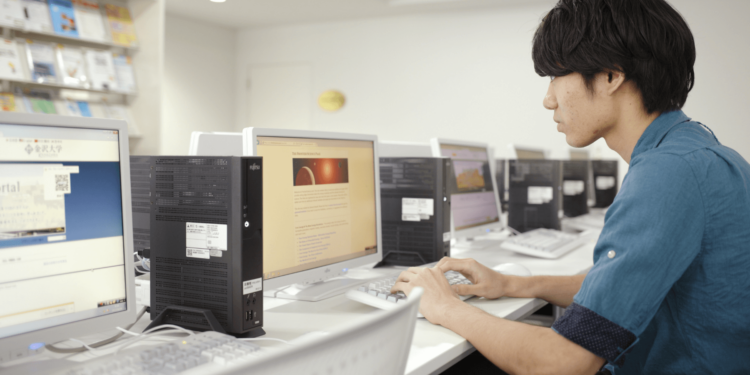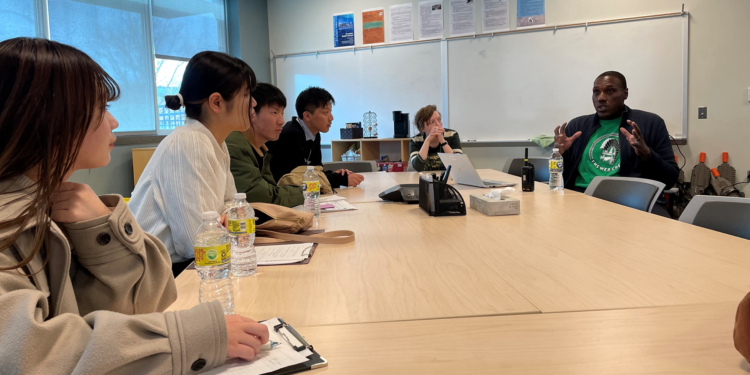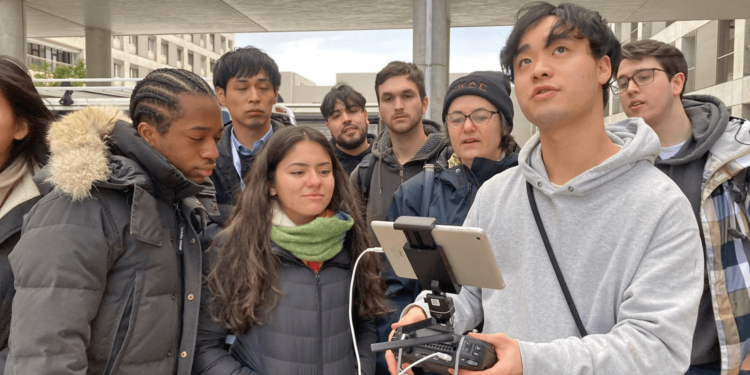- Message from the President
- Features of the Project
- Global Human Resources We Cultivate
- Partner Universities
Message from the President
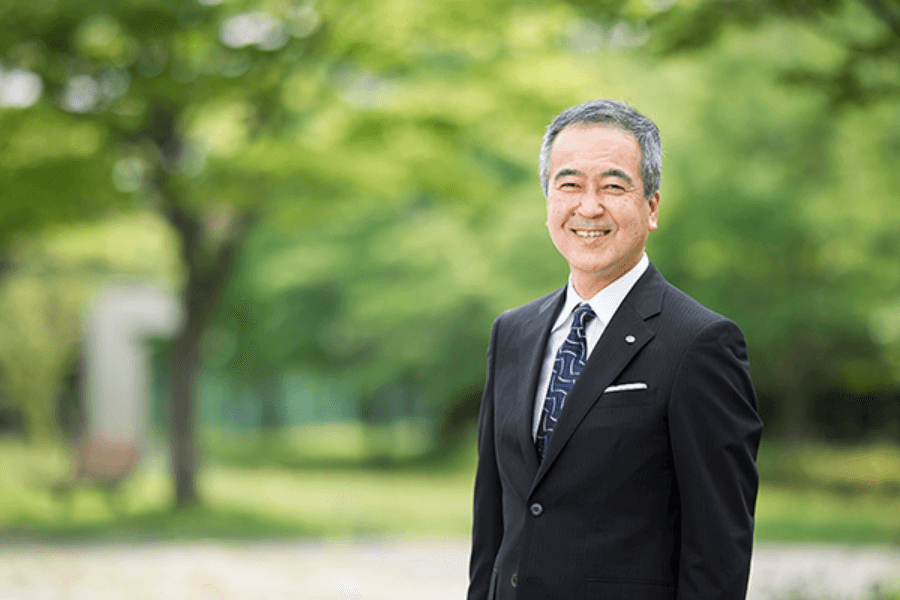
Kanazawa University is committed to developing truly global human resources capable of playing an active role on the world stage and contributing to the creation of new innovations and social change.
In line with this commitment, the university has been selected for the Ministry of Education, Culture, Sports, Science and Technology’s FY2023 Inter-University Exchange Project and has initiated the implementation of its initiative, “Multi-Layered Educational Programs between Japan and the U.S. for Revolutionary New Global Human Resources.”
The United States, a partner in this project, is a crucial ally for Japan, and is a country with which Japan is collaborating across various fields. Our university’s partnerships with American universities include 9 institutions with university-level international exchange agreements and 4 institutions with department-level international exchange agreements (as of spring 2023). To deepen our ties with the United States in the next generation, direct exchanges among the young individuals who will lead both countries in the future are essential.
In addition, Kanazawa City, where our university is located, has been a sister city with Buffalo City, New York since 1962, fostering exchanges with its citizens for more than half a century. Furthermore, in 1974, we established a partnership with The State University of New York at Buffalo, located in the same city, and have maintained exchanges since then.
In this project, we will leverage this background and these achievements to cultivate students with high aspirations, who will lead the future of Japan and the United States, as truly global human resources.
By realizing the human resource development goals our university aims for, we will foster new innovations and drive social change in Japan and around the world. Through the power of science and technology, we aspire to address and resolve societal issues, contributing to the revitalization of exchanges with the United States by engaging with society as a whole, including local communities.
We would like to ask everyone associated with our university and those who support us for continued understanding and cooperation in Kanazawa University’s efforts.
President of Kanazawa University
Takashi Wada
Features of the Project
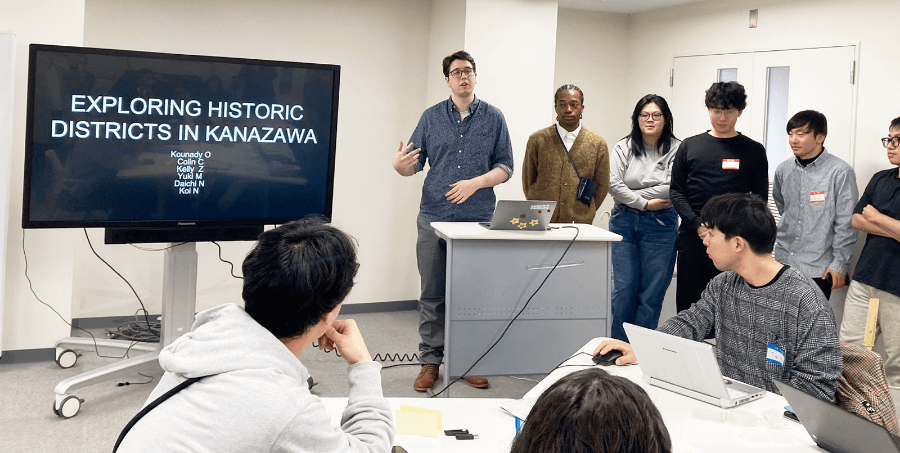
Multi-layered exchange program for all courses
This project aims to establish a next-generation education system while enhancing relationships with American universities at the whole-university level.
We will offer a multi-layered exchange program that incorporates the following three features, spanning across high school education, general education courses, bachelor’s specialty courses, and graduate programs through high school – university collaboration initiatives.
Curriculum and Partner Universities
| High School Students | General Education |
|---|---|
COIL Education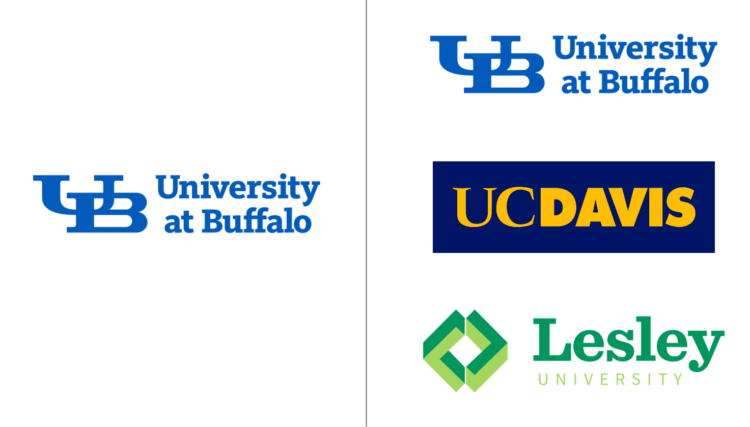 | |
| Bachelor’s Specialized Education |
|---|
Humanities, Social Sciences and Natural Sciences Student Development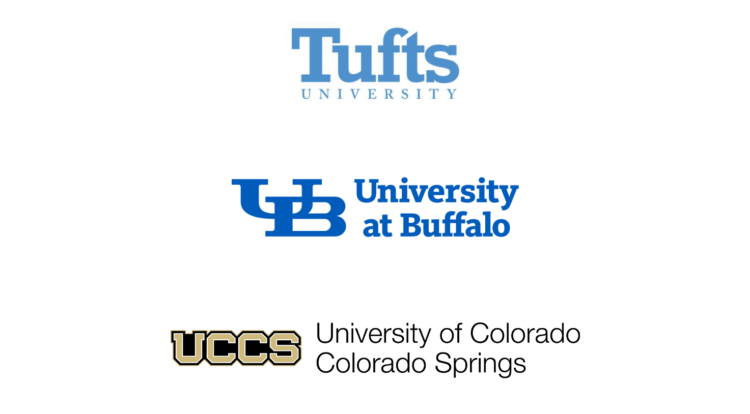 |
| Master‘s Course & Master’s Level Section of Integrated Course | Doctoral Course & Doctoral Level Section of Integrated Course |
|---|---|
Researcher Training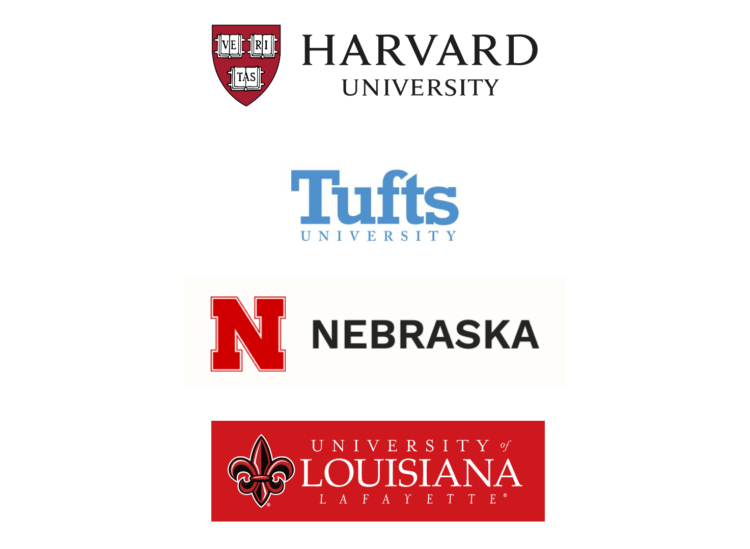 | |
We will implement a multi-layered program for students across various educational levels, including high school, university, and graduate school. Our aim is to nurture and develop highly motivated individuals who will support the next generation of exchange with the United States.
Global Human Resources We Cultivate
knowledge
Communication
skillsIn addition to the ability to use English as a foreign language, communication skills require the ability to appropriately convey personal opinions in both Japanese and English. This includes word choice and logical explanations tailored to the audience.Inclusiveness
Ability to work with others while accepting diverse values and ways of thinking.Foresight
In an era of extremely rapid social change, the ability to discern the essence of things, discover issues, and actively commit to solving the problems of modern society.Problem-solving
abilitiesAbility to take action and use practical skills to solve problems while exercising leadership in bringing together diverse stakeholders.
Through the program, we aim to enhance these abilities and cultivate global human resources who will lead the future of Japan and the U.S.
Rubric
The four abilities are clarified by creating a rubric so that Japanese and U.S. students, regardless of program, can recognize common goals
Evaluation perspectives (abilities) and criteria used in this project
| Abilities | level 0 | level 1 | level 2 | level 3 |
|---|---|---|---|---|
| Unwilling communicate unable to convey personal thoughts or necessary information | Willing to communicate and able to convey personal thoughts and necessary information in a simple manner | Able to communicate and convey personal thoughts and necessary information in a some what logical manner | While actively communicating able to use appropriate information methods of expression tailored to the audience and situation, and able to express personal thoughts and necessary information logically, clearly, and accurately |
| Lacking interest in personal and others’ backgrounds and values, and not feeling the need to coexist with others who have different personalities | Interested in and understanding personal and others’ backgrounds and values, and recognizing the need for a diverse society | Able to convey personal background and values to others and accept the differences in the backgrounds and values of others | While understanding and accepting the diversity of the world, able to work with others with different values to achieve goals |
| Lacking interest in social change and the need to discover and solve contemporary social issues | Having some level of interest in social change but being somewhat less interested in discovering and solving social contemporary issues | Having a basic understanding of a changing society and being willing to discover and solve contemporary social problems | Understanding changing society, being able to acquire new information and technologies, actively committing to solving contemporary social issues by making full use of them |
| Failing to correctly identify issues and doing only what you can do | Able to think in order to identify issues and steadily do what you can, recognizing diverse stakeholders | Able to think in order to identify and resolve issues, and take action with some involvement of diverse stakeholders, in addition to what you can do | Able to take action to achieve goals while holding personal vision for solving issues, respecting the positions and opinions of diverse stakeholders, demonstrating leadership |
Partner universities
University at Buffalo, The State University of New York
UB is recognized as one of the premier public universities in the Northeastern United States, renowned for its size and academic excellence. In June 1974, we established an interuniversity international exchange agreement, followed by a memorandum of understanding for student exchange in June 1993. UB is distinguished as COIL Development University, with a rich history of exchange and collaboration with our institution.
The University of California, Davis
UC Davis, founded in 1905 as a state university, is a prestigious university with strengths in fields such as agriculture and medicine.
In December 2007, the UC Davis School of Medicine and the University’s Graduate School of Medicine concluded an inter-departmental exchange agreement with our university, followed by an inter-university exchange agreement in September 2017. We boast a rich history of educational and research exchanges.
The University of Colorado Colorado Springs
UCCS is a medium-sized state university located in Colorado Springs, Colorado, with approximately 11,000 students. Similar in size to our university, UCCS is unique in its approach to education. The UCCS Faculty of Education has a proven track record in elementary school education and imaginative education. As a result, we are strengthening our relationship, including student exchanges between the Faculty of Education at our university and UCCS.
The University of Louisiana at Lafayette
ULL is a state university located on the outskirts of Lafayette, Louisiana. Our university has a longstanding history of research exchanges with ULL in the field of drilling science. Given the comparable size of both universities, this project aims to facilitate exchanges centered around the Graduate School of Natural Science and Technology, with the objective of establishing a new double degree program.
The University of Nebraska-Lincoln
UNL is located in Lincoln, the capital of Nebraska, and as a research university, it plays a central role in higher education in the state. Celebrating its 150th anniversary in 2020, UNL is a comprehensive university with a similar history to ours. We concluded an international exchange agreement with UNL on October 16, 2023.
Lesley University
Lesley University is a private institution located in Cambridge, Massachusetts, renowned for its strengths in education and the arts. The Lesley STEAM Learning Lab, in particular, is a pioneer in STEAM education in the United States. As part of this project, we will collaborate with the Lesley STEAM Learning Lab to introduce COIL-style English education into the foundational curriculum, primary targeting first-year students.
Harvard University
Founded in 1636, Harvard University is America’s oldest university and is considered one of the most prestigious universities in the world. Our university’s relationship with Harvard began with research exchanges with the Department of Pharmaceutical Health Sciences (then School of Medicine). In 1994, our university’s nephrologists studied abroad in the Department of Nephrology at Brigham and Women’s Hospital, and we have continued to conduct joint research to this day.

